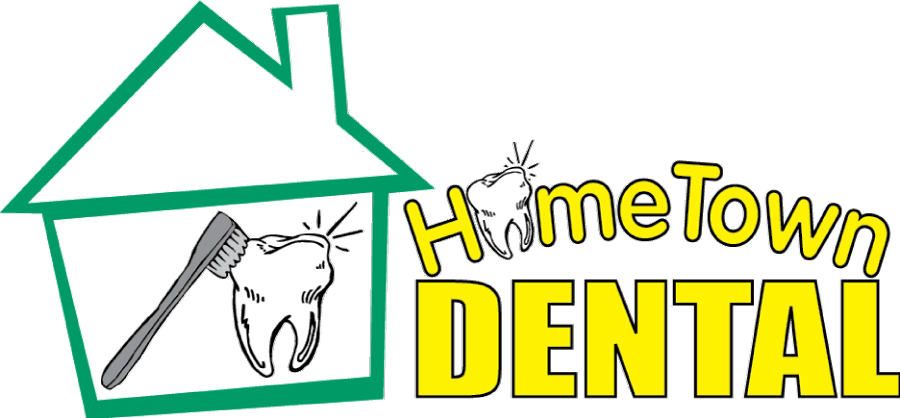Sleep Apnea

Sleep Apnea
There is quite a bit of interest from healthcare professionals to help prevent, manage, and treat common sleep conditions such as sleep apnea. While this condition may seem like a mild inconvenience at worst, it can actually be quite serious if left untreated. We here at HomeTown Dental, Fort Worth (Sycamore) want you to be aware of these risks in order to help better safeguard yourself from any complications which may arise from it.
An Overview Of Sleep Apnea
Sleep apnea is a sleep disorder which is characterized by a patient having their breathing interrupted repeatedly during their sleep. These interruptions are often brief, usually at an interval of ten seconds or more. Apart from leading to poor quality sleep, these breathing irregularities also mean that the supply of oxygen is reduced during sleep. Usually patients with sleep apnea might wake briefly when their breathing is disturbed, but they often wake up oblivious of their sleep troubles.
Types Of Sleep Apnea
Sleep apnea as a disorder is very common in the US, affecting all genders. Both children and adults can suffer from sleep apnea. Although it is more prevalent among men, everyone should be aware of how it presents and how it affects our health. Generally, there are two types of sleep apnea. These types are known as obstructive sleep apnea and central sleep apnea. These two types could also combine both symptoms to present as one type, which is called mixed sleep apnea.
“Obstructive sleep apnea” (OSA) happens when the air cannot get into the lungs due to tongue or tonsils blocking the airway. This may partially or completely close off the airway, leading to choking or sputtering. The diaphragm and chest muscles then have to work harder, as the pressure rises to open the airway. Patients often restart breathing with a loud noise and surprise.
With central sleep apnea, however, there is no blockage of airway. The issue here is that the brain does not properly communicate with the muscles involved with respiration. This leads to unstable and shallow breathing, resulting in less oxygen supply.
What Causes Sleep Apnea?
In the case of obstructive sleep apnea (OSA), there are multiple factors associated. The size of a patient’s neck, jaw, tongue, and their positions may affect their symptoms. The positions of tissues near the back of the throat can also affect airflow. Being overweight plays a role in narrowing the airway, making a patient susceptible to this issue. Nasal congestion makes it difficult for people to breathe, and high frequency of congestion can lead to OSA. If OSA runs in your family history, it can increase your risk of developing it. Other causes of OSA could be from the use of sedative drugs, consuming alcohol or cigarettes, or even your sleeping position.
With Central Sleep Apnea (CSA), the cause is associated with how the central nervous system works. CSA occurs when there is a lag in communication between the brain and the respiratory muscles. CSA is usually related to an existing medical condition.
Can Sleep Apnea Be Treated?
Fortunately, sleep apnea is quite treatable. Your first step is to discuss your symptoms with us. This would help you figure out the underlying causes of your sleep apnea to facilitate treatment. We might even schedule a sleep study to help understand your sleep patterns and breathing. Depending on the type of sleep apnea, treatment could be a simple change in standard of living. A common treatment is the use of oral appliance therapy or using a continuous positive airway pressure (CPAP) device, which helps you keep your airway open by simply pushing air through during sleep.
The sooner you treat your sleep apnea, the better the outcome can be for you. To learn more about sleep apnea, or to set up an appointment with us, please contact us today at HomeTown Dental, Fort Worth (Sycamore) at (817) 224-2251
